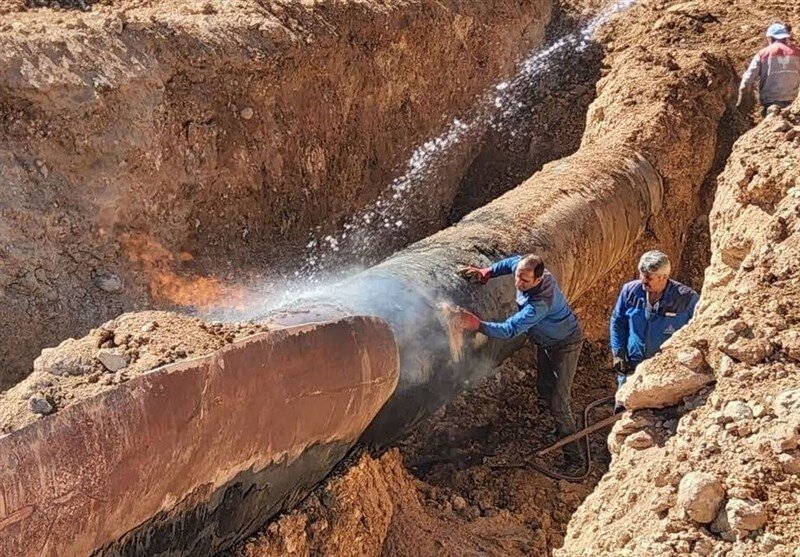Israel’s hand in Iran sabotage unveiled

TEHRAN- The New York Times has confirmed lingering speculations over Israel's role in recent acts of sabotage inside Iran.
The New York Times released a report on Friday titled "Israel Was Behind Attacks on Major Gas Pipelines in Iran," shedding light on the recent sabotage in Iran on February 14. This act targeted the Borujen gas pipeline, resulting in an explosion without casualties, confirmed by local authorities.
The incident occurred at 12:50 am, impacting two vital national gas lines responsible for gas transportation from southern to northern Iran, with flames engulfing the ruptured pipelines.
Iranian Oil Minister Javad Owji disclosed the details on Wednesday morning, mentioning that the explosion occurred around 1:00 am, targeting a segment of Iran's national gas transmission network with multiple points of detonation. Swift countermeasures were deployed to mitigate the attack's impact.
Minister Owji attributed the incident to nefarious forces, denouncing the attempts by adversaries and highlighting the predicted timing due to the National Day and the Bahman 22 rally.
Two days later, the New York Times reiterated the involvement of Israel in the attacks, which analysts see as an escalation in the ongoing shadow war between the two sides, causing disruption in several provinces.
The strikes indicate a significant shift in the clandestine conflict between Israel and Iran, involving air, land, sea, and cyberattacks over the years. Israel's targets have included military and nuclear sites, as well as cyberattacks on the oil ministry servers, causing turmoil nationwide.
Experts quoted in the report believe that targeting Iran's energy infrastructure represents a new phase in the covert war, impacting industries, factories, and millions of civilians.
Although Israeli Prime Minister Benjamin Netanyahu refrained from commenting, Western officials and Iranian military strategists pointed out the coordinated nature of the attacks, requiring deep knowledge of Iran's infrastructure.
The report also referenced a terrorist attack in Kerman, which left about 100 people dead, indicating Israel's expansion of targets within Iran's borders. This expansion poses a challenge to Iran's intelligence and security agencies, as noted by security analysts.
“This shows that the covert networks operating in Iran have expanded their target list and advanced beyond just military and nuclear sites,” said Shahin Modarres, a Rome-based security analyst focused on the West Asia region. “It’s a major challenge and reputation blow for Iran’s intelligence and security agencies.”
Earlier, the Tehran Times had reported the act of sabotage on Iranian soil in its February 14 report titled "Futile Sabotage," attributing such actions to broader efforts to disrupt Iran's stability through covert and overt means. The report highlighted the U.S. government's strategies and hinted at retaliatory measures following an attack on a U.S. logistic hub in Jordan.
The Tehran Times emphasized the potential for cyber attacks within a one-week window, showcasing the intricacies of U.S. decision-making in executing covert operations while evading accountability. Subsequently, Iran has faced cyber attacks and sabotage against gas pipelines, indicating the ongoing tensions between Iran and the West.
Leave a Comment